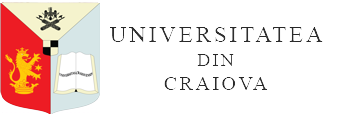Evaluation of the quality of some watermelon varieties grown on sandy soils
DOI:
https://doi.org/10.52846/aamc.v53i1.1430Abstract
The objective of this study is to present the biochemical composition of 3 watermelon varieties: Dulce de Dăbuleni, Oltenia, De Dăbuleni, in the pedo-climatic conditions of the Dăbuleni area. The observations were made during 2022-2023 at SCDCPN Dăbuleni. The climatic conditions at SCDCPN Dăbuleni were favorable for the development of the watermelon culture. The experiment was located on a sandy soil, according to the method of randomized blocks in 4 repetitions. The following observations and determinations were made: the soil content in total nitrogen, extractable phosphorus, exchangeable potassium, organic carbon, pH; the biochemical content of the fruits: total dry matter, water, dry soluble substance, simple soluble carbohydrates, titratable acidity and vitamin C. The soil content in total nitrogen and exchangeable potassium was reduced, and in extractable phosphorus it was normal. Organic carbon showed values between 0.37%-0.56%, the state of soil supply being reduced towards the middle. The pH of the soil on which the experiment was placed oscillated between 7.1 and 7.12, indicating a neutral soil reaction. Cultivation technology specific to sandy soils was applied. The varieties Dulce de Dăbuleni and Oltenia stood out for the amount of vitamin C contained, while the De Dăbuleni variety had the lowest content in vitamin C (8.8 mg/100 g fresh substance). The content in soluble carbohydrates varied between 7.74% in the Oltenia variety and 10.49% in the Dulce de Dăbuleni variety.


